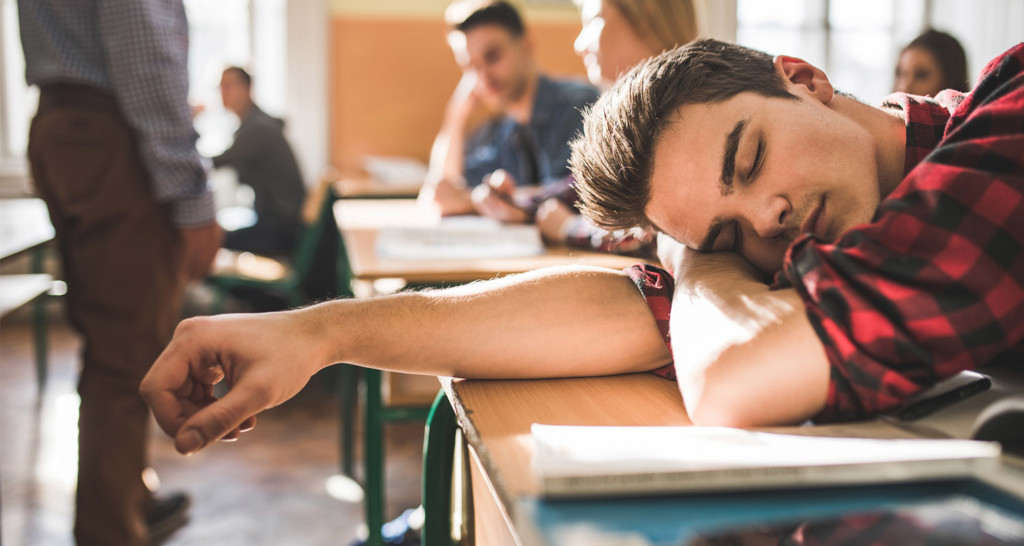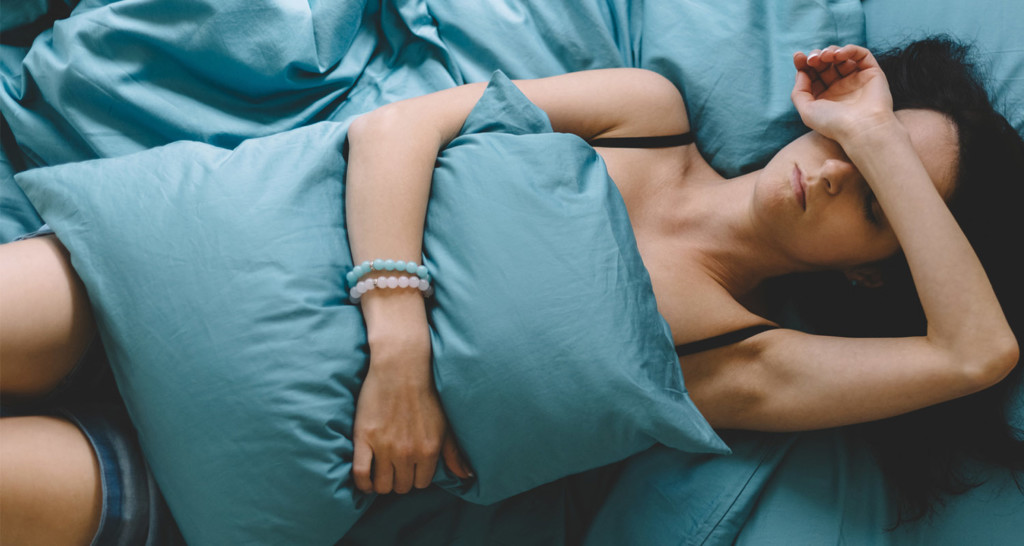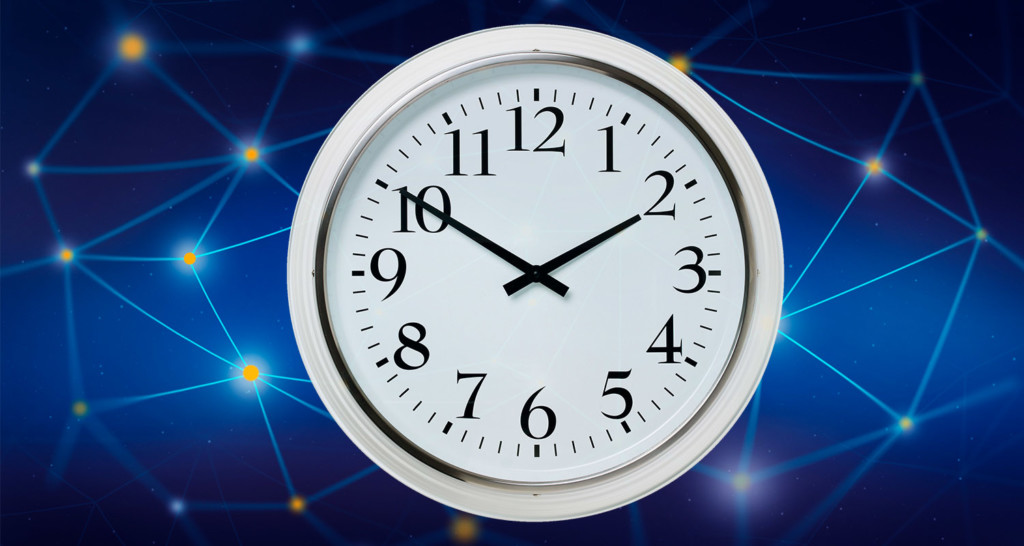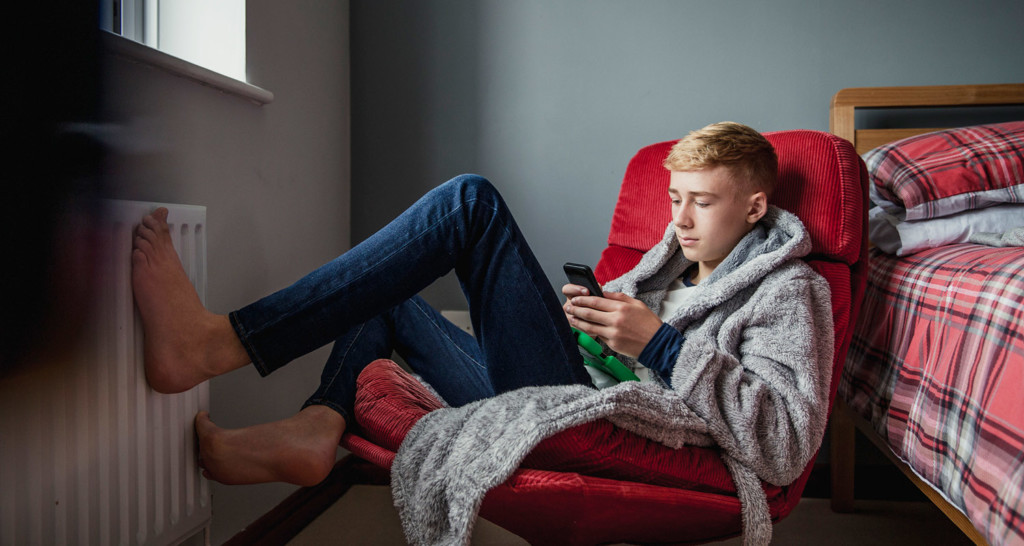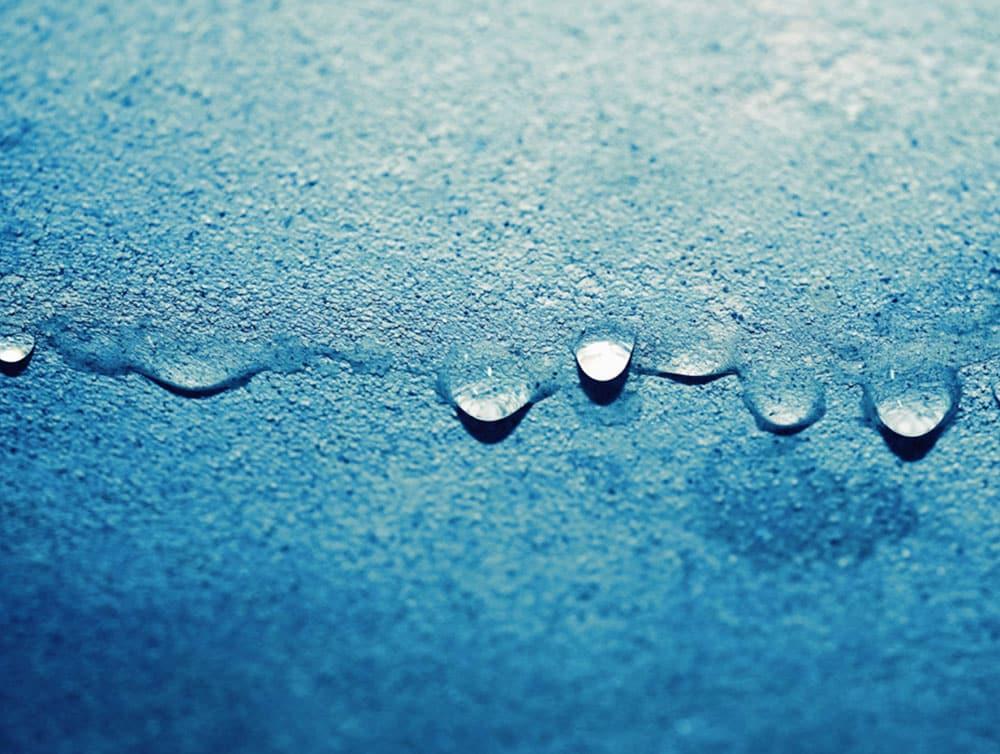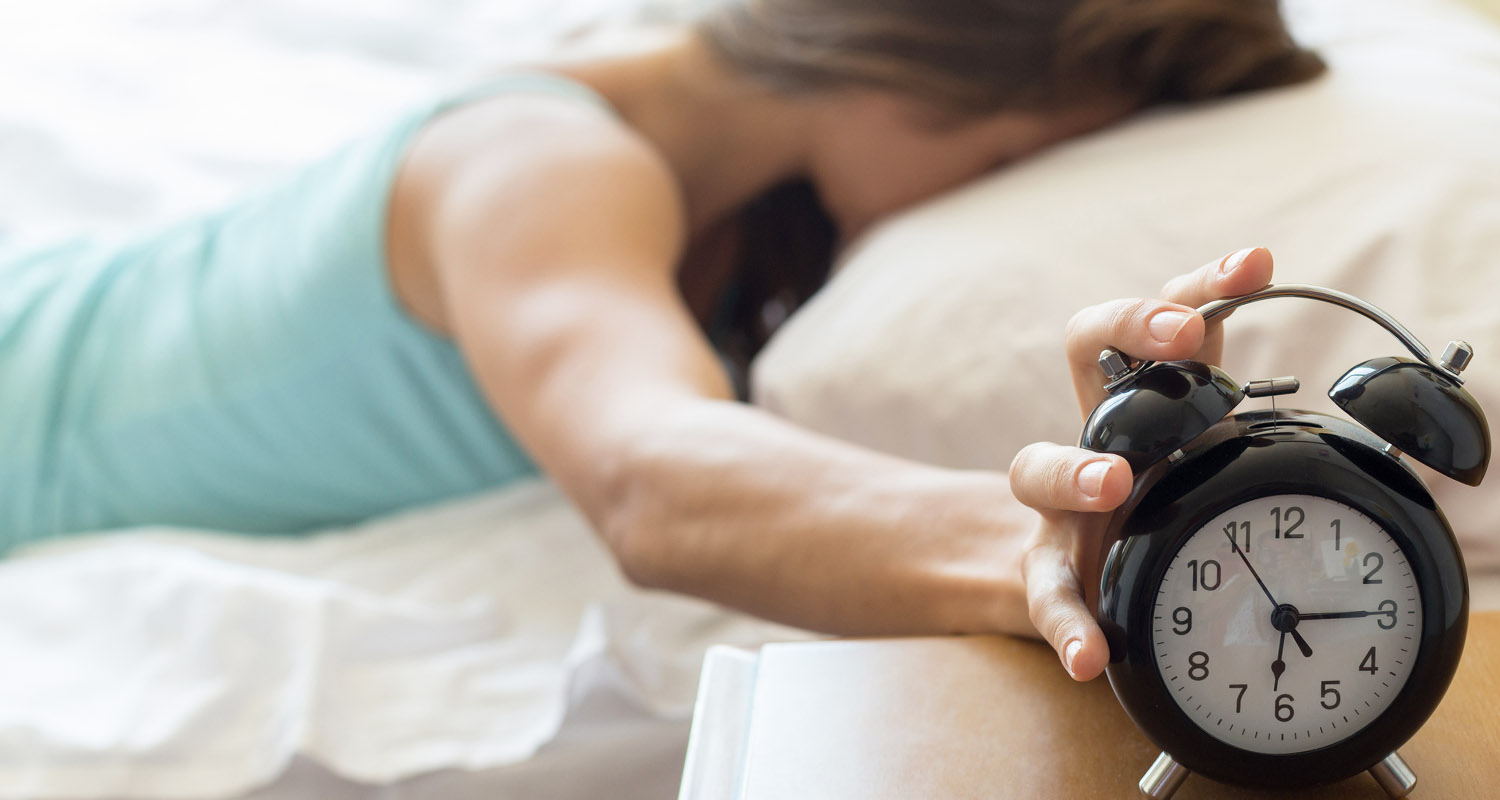
[tldr]
- Teens are biologically wired to need 8 to 10 hours of sleep per night. Early school start times are causing teens to suffer from chronic sleep deprivation.
- Teens who don’t get enough sleep are more likely to suffer from symptoms of depression, engage in risky behaviors like drinking and using illicit drugs, and perform poorly in school.
- Leading organizations and sleep scientists recommend that schools start at 8:30 a.m. or later.
- Parents can help improve teen sleep quality by minimizing blue light exposure and encouraging kids to develop good bedtime routines.
[/tldr]
Want an immediate upgrade in your quality of life? If you have teens, call their school and explain that your kids will be missing first period. The value of sleep is higher than anything they could possibly get from that one class.
Here’s why. Study after study has shown that kids’ brains are harmed by making them wake up early to go to school.[ref url=”https://www.ncbi.nlm.nih.gov/pmc/articles/PMC5074885/”][ref url=”https://www.dublinschools.net/Downloads/apa.pdf”][ref url=”https://link.springer.com/article/10.1007/s10964-014-0170-3″][ref url=”https://www.cambridge.org/core/journals/journal-of-the-international-neuropsychological-society/article/effects-of-partial-sleep-deprivation-on-information-processing-speed-in-adolescence/AB9B33862198AB97AB8D4A35AE2E2050″][ref url=”https://www.ncbi.nlm.nih.gov/pmc/articles/PMC5315345/”]
The state of California is the first in the U.S. to align school policy with sleep science. The governor of California just signed a bill requiring that middle schools start no earlier than 8:00 a.m., and that high schools start no earlier than 8:30 a.m.
Teens are wired by nature to sleep in. They need 8 hours of sleep at a minimum to promote good health.
And really, they should be sleeping even more than 8 hours. Think closer to 10.
The New York Times recently ran a post that echoes what I’ve been saying for years: school starts too early, and it’s interfering with adolescent brain development. That’s a problem. Here’s what the science says — and what parents can do to help their kids.
The value of a good night’s sleep
The American Academy of Sleep Medicine recommends that teens should sleep 8 to 10 hours every day to promote “improved attention, behavior, learning, memory, emotional regulation, quality of life, and mental and physical health.”[ref url=”https://aasm.org/resources/pdf/pediatricsleepdurationconsensus.pdf”] Teens who don’t get enough sleep are more likely to suffer from symptoms of depression, engage in risky behaviors like drinking and using illicit drugs, and perform poorly in school.
In fact, a lot of the negative behavior people associate with teens — like moodiness, irritability, laziness, and depression — is a by-product of sleep deprivation.
What parents need to know about sleep biology
Teens experience shifts in their biological rhythms during puberty. They become sleepy later at night. So, they need to sleep in later in the morning to hit that 8-hour minimum — but early school start times make that impossible.
That sets the stage for disaster. You have to drag them out of bed in the morning, and for the first few periods of the day, they’re wiped out.
In a talk for TedXManhattan, sleep researcher Wendy Troxel noted that waking up a teenager at 6 a.m. is the biological equivalent of waking up an adult at 4 a.m. Can you imagine trying to function with that amount of sleep lag every day?
Listen to circadian rhythms
I’m a naturally late riser. My peak productivity time is from 11 p.m. to 2 a.m. Over the years, I’ve learned what works for my body and how to maximize my sleep performance — but teens don’t have that luxury. They’re expected to beat their biological clock. (To learn more about your natural rhythms and sleep chronotypes, check out my conversation with sleep expert Dr. Michael Breus on the Bulletproof Radio podcast.)
This isn’t just a matter of feeling well-rested in class, either. Chronic sleep deprivation can actually increase the risk of serious diseases because it disrupts circadian rhythm — the brain’s natural sleep-wake cycle.
In my conversation with circadian biologist Satchin Panda on Bulletproof Radio, we talked about the impact of messing with your circadian rhythm. In Panda’s lab, he found that animals with circadian rhythm disruption had a higher risk of diseases like diabetes, obesity, cardiovascular disease, anxiety, ADHD-like symptoms, and even cancer.
Sleeping in is better for your teen’s health and academic performance, but most schools are still far behind. In 2014, the American Academy of Pediatrics recommended that middle and high schools start at 8:30 a.m. or later to give students the time they need to properly sleep.[ref url=”http://pediatrics.aappublications.org/content/early/2014/08/19/peds.2014-1697″] Despite that, only 9.4% of middle schools and 7.7% of high schools start at 8:30 a.m. or later.[ref url=”https://www.cdc.gov/healthyyouth/data/shpps/pdf/shpps-results_2016.pdf”]
What parents can do
There’s still a lot of work to do before teens can get the sleep they need. In the meantime, one of the best things parents can do is encourage their teens to reduce their screen time before bed.
Electronic devices radiate blue light, which disrupts circadian rhythm by suppressing melatonin — the hormone that signals when it’s time to sleep. On average, teens are exposed to over 6 hours of screen time daily.[ref url=”https://www.commonsensemedia.org/the-common-sense-census-media-use-by-tweens-and-teens-infographic”] That’s 6 hours’ worth of melatonin disruption — and if your teen uses their phone before bed, odds are high that they’re having trouble falling asleep.
You can protect your teen (and yourself) from blue light by taking the following steps:
- Wind down two hours before bed: Limit screen time as much as possible. If they need to use a screen, switch to install a light filter app like Iris. This app reduces blue light exposure by adjusting screens to warmer tones at night.
- Sleep in a pitch-black room: A dark room = better sleep, period. Install blackout curtains and tape over any electronics that emit blue light, like LEDs.
- Wear blue light-blocking glasses: They might not be pretty, but their orange- or red-tinted lenses help block blue light wavelengths. (You can also use Night Shift mode on your iPhone or iPad. It cancels out blue light so you can look at your device without looking like a dork.)
Here are two more tips, not related to blue light. Your teen should limit their caffeine consumption at least 8 hours before bedtime. That includes coffee, soda, and tea.
Finally, talk to your teen about their sleep time and quality. If they have to wake up at 6:00 a.m., they should set a goal to start winding down by 8:00 p.m. It should be lights-out at 10 p.m. at the latest. Between homework and friends, that’s not always realistic, but setting a goal can help your teen start to learn how to develop healthier bedtime routines.
Related: How to Hack Your Sleep: The Art and Science of Sleeping
Sleep is one of the most important investments you can make. Now is the best time to help your child hack their bedtime habits. After all, everyone deserves to feel alert, balanced, and productive. A good night’s sleep will make a big difference in your teen’s happiness. (And yours, too.)
